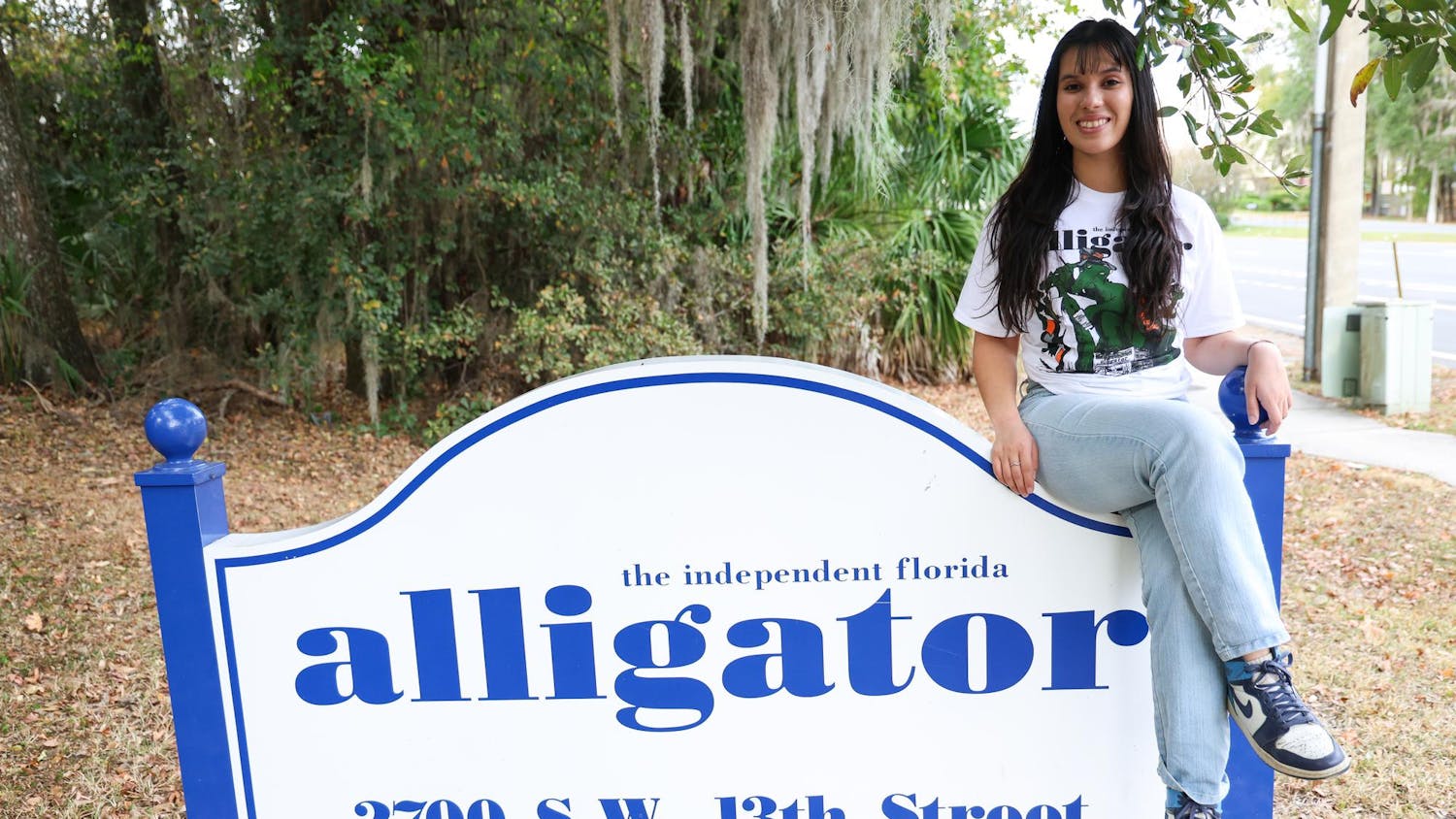Unfortunately, I have to take the Alligator and columnist Travis Hornsby to task for a recent column, “Obamacare may be unconstitutional.”
The column is composed entirely of half-truths and faulty analysis.
Although I understand that the role of a columnist is not to produce straight journalism, it is still the role of the editorial staff to remove falsehoods and mere bias masquerading as thought.
The headline really says it all.
The name of the act is the Affordable Health Care Act — not the pejorative “Obamacare.”
I won’t deny that this is a truly significant case and perhaps the most significant case since Miranda v. Arizona (the last of three cases cited in the article).
With the exception of Brown v. Board of Education, none of the other cases he mentions were noteworthy until after they were decided.
Hornsby also neglects to mention important cases like Bush v. Gore and Citizens United.
While these two cases may seem relatively uncontroversial to a newly minted conservative and “outsiders” to the law, for people with legal knowledge and elsewhere on the political perspective, it is neither news nor analysis to point out that politics may play a part in the decisions of the Supreme Court of the United States.
But I suggest that Hornsby be less flippant when he dismisses the third branch of our constitutional system of checks and balances.
He might note, for instance, that although Kennedy’s vote is surely up for grabs, it is not the only vote that could swing. And surely he won’t be the only justice awake during oral arguments.
“Why should we care what some court says about the law?” Hornsby facetiously asks.
Because, Travis, that court is the Supreme Court, created by Article 3 of the Constitution, and it is deciding what the Constitution means.
This may not be as catchy as the “I’m just a bill” song, but it is, I think, important.
When the justices decide this case, they won’t be worrying about the billions of dollars in new taxes that “have been hidden” in it. (Especially since it contains tax breaks for small businesses, and since the Congressional Budget Office says that eliminating the act would actually increase deficits in the long run.)
They won’t just be making a political decision; they will be making a decision that says something about our Constitution, our republic and the rule of law.
So, “chances seem very good” that SCOTUS will overturn the Affordable Care Act?
That might be true if there weren’t years of precedent on Congress’s interstate commerce and taxing powers pointing in the exact opposite direction.
Consider one somewhat recent case, authored by Justice Antonin Scalia: Raich v. Gonzalez.
To make a long story short, Raich, a medicinal marijuana patient in California, grew a small amount of marijuana to help her deal with symptoms from an inoperable brain tumor.
Scalia decided that the federal government did have power, under the commerce clause, to limit her choice of medicine.
The Supreme Court isn’t being asked to “create a new power for the federal government.”
It is simply being asked to affirm one aspect of the same old power it has been wielding since its inception: The power to limit some choices for the greater good.
Lewis Kirvan is a second year law student at UF.





